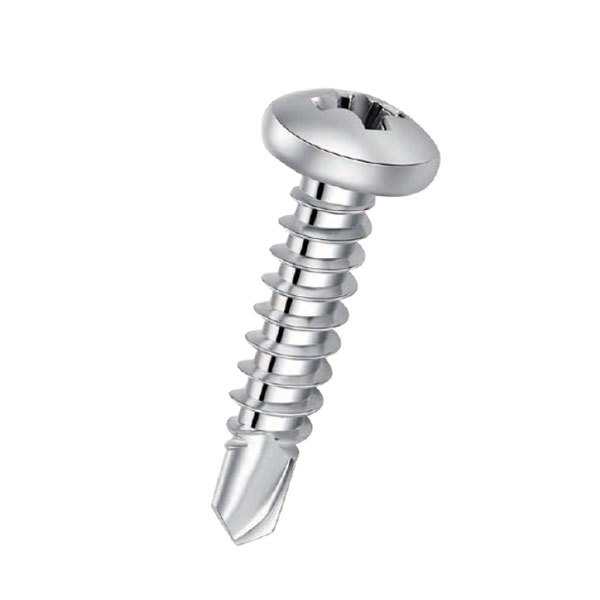Self-Drilling Screws with Pan Framing Head Produced in Leading Manufacturing Facility
Exploring the Pan Framing Head Self-Drilling Screw Factory
In the construction and manufacturing industries, the efficiency and reliability of fasteners play a crucial role. Among these fasteners, pan framing head self-drilling screws have become increasingly popular due to their unique design and functionality. This article delves into the significance of pan framing head self-drilling screws, the working processes within a factory dedicated to producing them, and the factors that contribute to quality assurance.
Understanding Pan Framing Head Self-Drilling Screws
Pan framing head self-drilling screws are characterized by their unique head shape, resembling a small, flat dome. This design allows for a larger bearing surface, making them ideal for various applications, including metal-to-metal connections or fastening materials like wood and plastic. The self-drilling capability eliminates the need for pre-drilling holes, significantly speeding up the installation process. This attribute not only improves productivity but also enhances structural integrity by ensuring tight connections.
The Manufacturing Process
The production of pan framing head self-drilling screws involves several steps. Initially, raw materials such as high-quality steel are selected. These materials must meet stringent standards to ensure durability and resistance to corrosion, particularly when the screws will be exposed to harsh environmental conditions.
1. Machining The first step in the manufacturing process is machining the screws. This involves cutting the steel into the appropriate lengths and shaping them into screws with the desired dimensions. State-of-the-art CNC machines are often utilized for precision machining, ensuring that each screw meets specific tolerances.
2. Heat Treatment After machining, the screws undergo heat treatment, a process that enhances their strength and toughness. This step is critical for self-drilling screws, as they must withstand the stresses associated with penetrating different materials.
pan framing head self drilling screw factory

3. Coating Once heat-treated, the screws are coated to improve their resistance to corrosion and wear. Common coatings include zinc plating or other protective finishes that ensure longevity, even in challenging environments. This coating process is carefully regulated to guarantee uniform coverage.
4. Quality Control Quality assurance is of paramount importance in the production of self-drilling screws. Factories implement rigorous inspection processes at various stages of manufacturing. This includes checking the dimensions, coating quality, and overall integrity of the screws. Advanced testing methods, such as tensile strength and shear tests, may be employed to ensure that the screws perform as expected under load.
The Role of Technology
Modern factories producing pan framing head self-drilling screws heavily rely on technology to streamline their processes and maintain quality. Automated systems play a crucial role in enhancing production speed and consistency. Additionally, real-time monitoring systems help identify any anomalies in production, allowing for immediate corrective measures. This reliance on technology not only improves efficiency but also helps in minimizing waste and reducing production costs.
Commitment to Sustainability
As environmental concerns continue to rise, many self-drilling screw factories are adopting sustainable practices. This includes sourcing eco-friendly materials, reducing energy consumption during production, and implementing recycling programs for scrap metal. Sustainability not only addresses environmental issues but also appeals to a growing market of eco-conscious consumers.
Conclusion
The pan framing head self-drilling screw factory stands at the intersection of innovation and efficiency in fastener technology. Through a combination of advanced manufacturing techniques, stringent quality control, and a commitment to sustainability, these factories produce essential components that drive the construction and manufacturing sectors forward. As industries continue to evolve, the role of such specialized factories will remain vital in meeting the demands for high-quality, reliable fasteners.
-
Top Choices for Plasterboard FixingNewsDec.26,2024
-
The Versatility of Specialty WashersNewsDec.26,2024
-
Secure Your ProjectsNewsDec.26,2024
-
Essential Screws for Chipboard Flooring ProjectsNewsDec.26,2024
-
Choosing the Right Drywall ScrewsNewsDec.26,2024
-
Black Phosphate Screws for Superior PerformanceNewsDec.26,2024
-
The Versatile Choice of Nylon Flat Washers for Your NeedsNewsDec.18,2024










